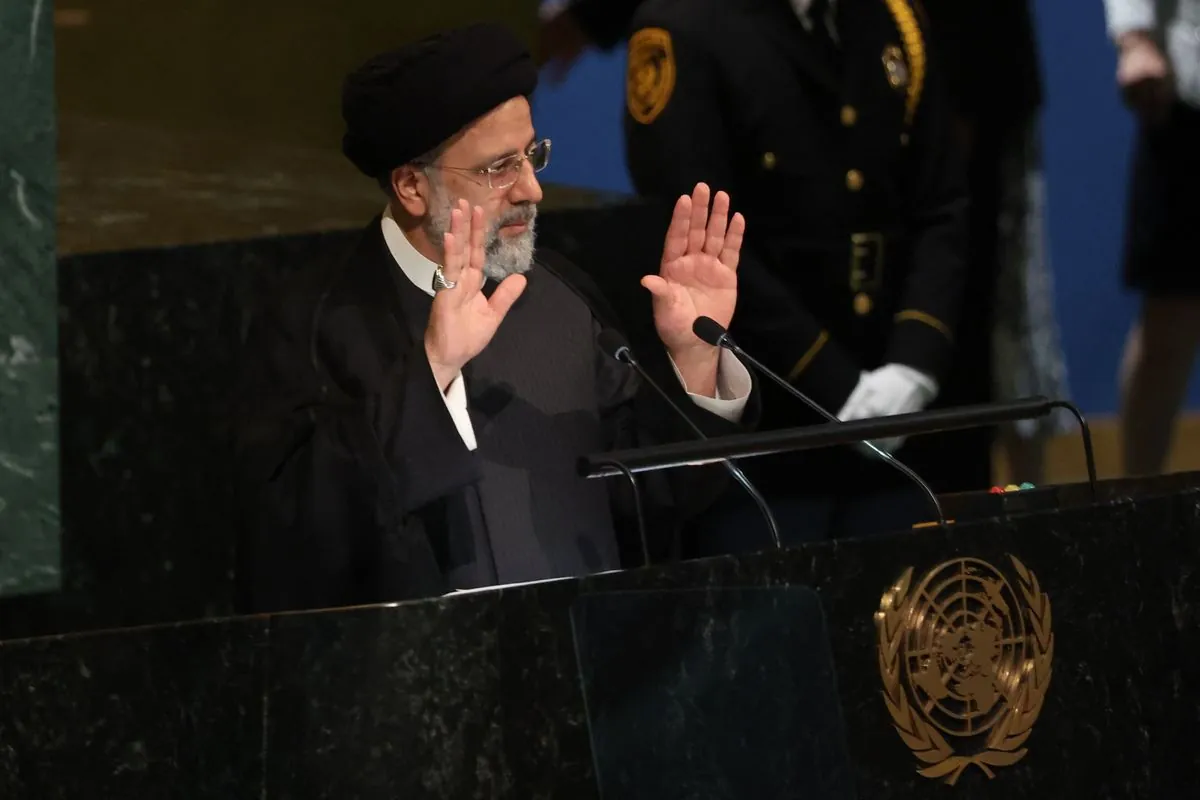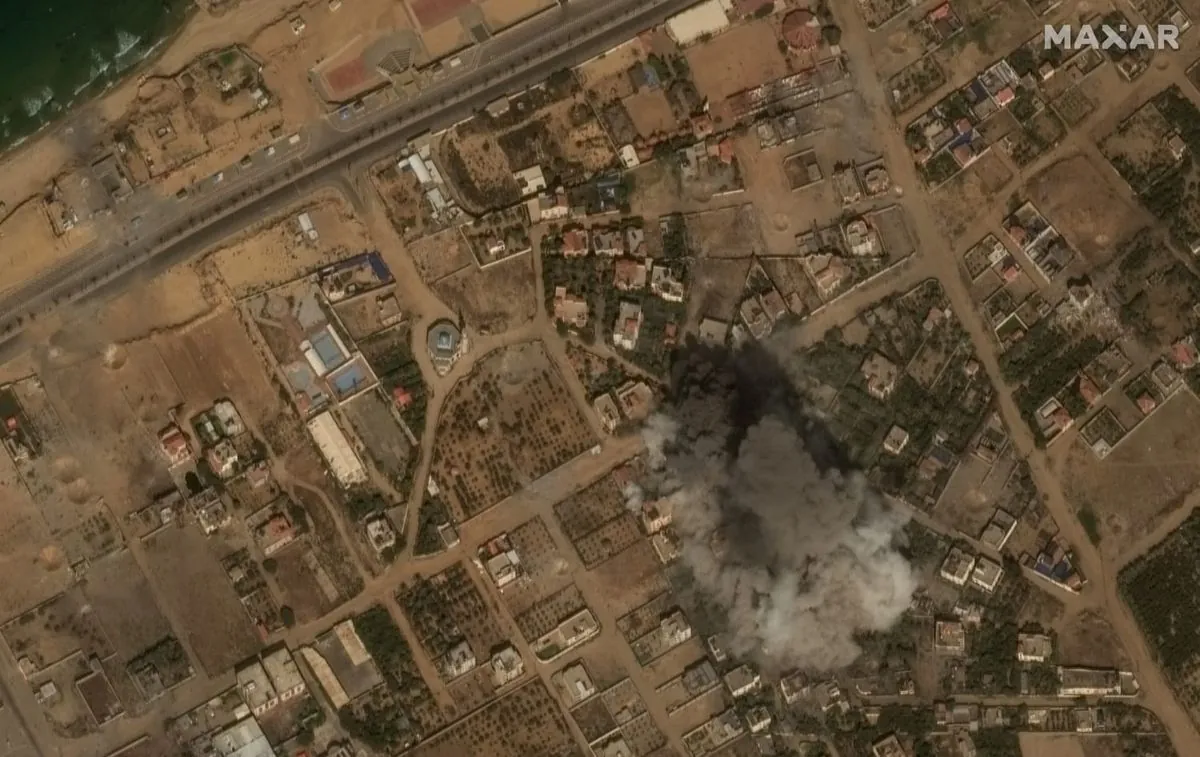Iran Signals Openness to Nuclear Talks, Urges Peace in Ukraine
Iranian President addresses UN, expressing readiness to resolve nuclear issues and calling for dialogue in Ukraine conflict. Criticizes Israel's actions in Gaza amid hopes for sanctions relief.

In a significant address to the United Nations General Assembly, Masoud Pezeshkian, the President of Iran, expressed his nation's willingness to resolve the long-standing nuclear dispute with Western powers. This statement comes approximately one year after a major escalation in regional tensions, marked by the Hamas attack on southern Israel on October 7, 2023.
Pezeshkian's speech touched on several critical international issues, including the ongoing conflict in Ukraine. He emphasized Iran's stance against warfare and called for a swift end to hostilities through diplomatic channels. This position is noteworthy given Iran's complex relationship with Russia, which has included providing military support in the form of drones for the Ukrainian conflict.
The Iranian leader also directed criticism towards Israel, accusing it of committing atrocities in Gaza and demanding an immediate cessation of such actions. This rhetoric reflects the ongoing tensions between Iran and Israel, which have been exacerbated by recent events in the region.

Iran's nuclear program, which began in the 1950s under the Atoms for Peace initiative, has been a source of international concern for decades. The country has consistently maintained that its nuclear activities are for peaceful purposes, a claim that has been met with skepticism from many Western nations. The International Atomic Energy Agency (IAEA) continues to monitor Iran's nuclear facilities, including sites in Natanz, Fordow, and Arak.
The Joint Comprehensive Plan of Action (JCPOA), signed in 2015 by Iran and the P5+1 group (China, France, Russia, UK, US, plus Germany), was a landmark agreement aimed at curbing Iran's nuclear capabilities in exchange for sanctions relief. However, the United States' withdrawal from the deal in 2018 under the Trump administration led to a gradual reduction in Iran's compliance with the agreement since 2019.
Pezeshkian's address at the UN, an organization established in 1945 to maintain international peace and security, comes at a time when Iran is seeking to alleviate the economic pressure caused by years of sanctions. These punitive measures, in place since 1979, have significantly impacted Iran's economy, prompting the nation to seek diplomatic solutions.
The Iranian President's call for peace and dialogue aligns with the UN's role as a mediator in international conflicts. However, Iran's ballistic missile program remains a point of contention with Western powers, complicating efforts to reach a comprehensive agreement.
As a signatory to the Non-Proliferation Treaty since 1968, Iran is permitted to use nuclear energy for peaceful purposes. Nevertheless, the international community, particularly through UN Security Council resolutions, has expressed concerns about the potential military dimensions of Iran's nuclear program.
Pezeshkian's statement, "We seek peace for all and have no intention of conflict with any country," reflects Iran's desire to improve its international standing. However, the path to resolving these complex issues remains challenging, given the intricate web of geopolitical interests and historical tensions in the region.
"Iran opposes war and emphasizes the need for an immediate cessation of military conflict in Ukraine."
As the annual UN General Assembly meeting continues, the international community will be closely watching for any developments in Iran's stance on nuclear negotiations and its role in regional conflicts. The coming months will be crucial in determining whether Pezeshkian's words will translate into concrete actions towards peace and stability in the Middle East and beyond.


































